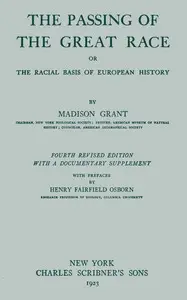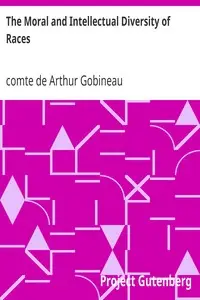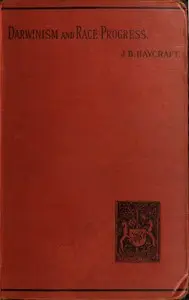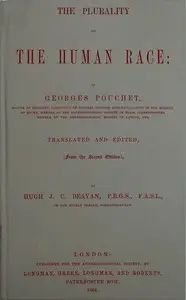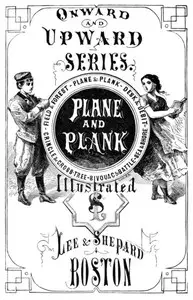"The Inequality of Human Races" by Arthur de Gobineau is a controversial study from the 1800s where the author presents his ideas about race and how it affects cultures, civilizations, and the downfall of societies. Gobineau believes that different races have different abilities when it comes to building strong cultures and progressing, suggesting a ranking system among them. He argues that when races mix, it weakens civilizations, leading to their decline. The book looks at historical events and connects them to race, claiming that the success or failure of a society depends heavily on keeping its racial makeup pure. It opens by explaining that the reason societies decline isn't just because of things like wealth or bad behavior, but because of built-in problems linked to the races that make up the society.
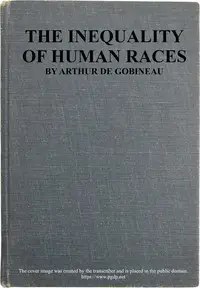
The inequality of human races
By Arthur Gobineau
In a world of supposed progress, a shocking theory emerges, claiming that the destiny of nations hangs on the fragile thread of racial purity, sparking a debate about the very foundations of civilization.
Summary
About the AuthorJoseph Arthur de Gobineau was a French aristocrat who is best known for helping introduce scientific race theory and "racial demography", and for developing the theory of the Aryan master race and Nordicism. Known to his contemporaries as a novelist, diplomat and travel writer, he was an elitist who, in the immediate aftermath of the Revolutions of 1848, wrote An Essay on the Inequality of the Human Races. In it he argued that aristocrats were superior to commoners and that aristocrats possessed more Aryan genetic traits because of less interbreeding with inferior races.
Joseph Arthur de Gobineau was a French aristocrat who is best known for helping introduce scientific race theory and "racial demography", and for developing the theory of the Aryan master race and Nordicism. Known to his contemporaries as a novelist, diplomat and travel writer, he was an elitist who, in the immediate aftermath of the Revolutions of 1848, wrote An Essay on the Inequality of the Human Races. In it he argued that aristocrats were superior to commoners and that aristocrats possessed more Aryan genetic traits because of less interbreeding with inferior races.

